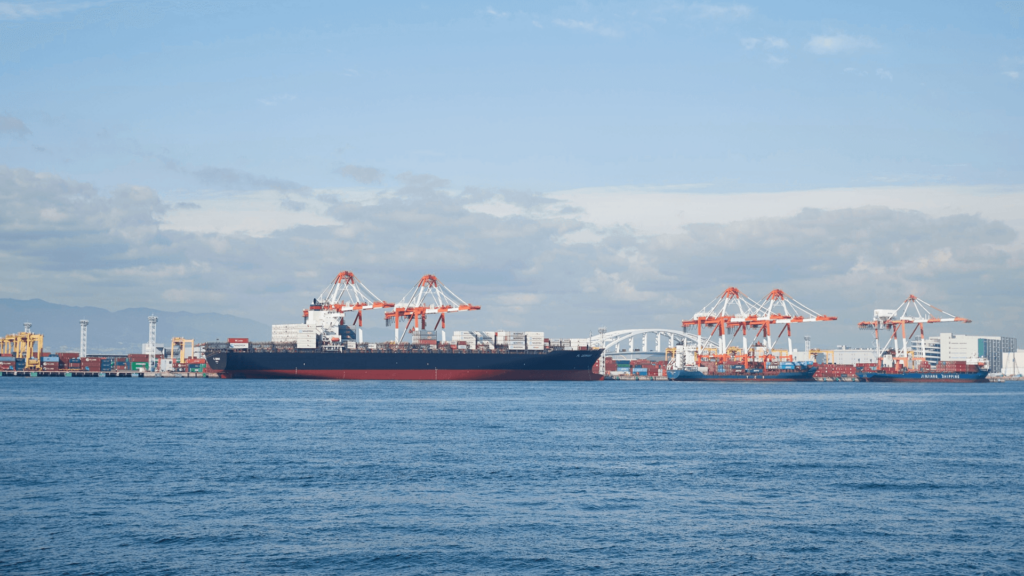
The modal shift from road to rail freight transport represents an important pillar of the EU strategy to make the European transport system greener and more sustainable, effectively combatting road congestion and helping to advance the climate neutrality agenda. In its European Green Deal communication, the European Commission reaffirms its commitment to shifting a substantial part of the 75% of inland freight carried today by road onto rail and inland waterways. This, in turn, will require measures to manage better, and to increase the capacity of railways, which the Commission is set to propose by 2021.
The development of Rail Freight Corridors (RFC) remains a central pillar of the Commission’s policy to boost rail freight. In this regard, the Regulation concerning a European Rail Network for Competitive Freight (Regulation EU 913/2010), which entered into force in 2010, requests Member States to establish international market-oriented RFCs to meet three sets of challenges. These include the strengthening of cooperation between Infrastructure Managers (IMs) on key aspects, such as path allocation, deployment of interoperable systems and infrastructure development; striking the right balance between freight and passenger traffic along the RFCs, while securing adequate capacity and priority for freight in line with market needs and ensuring that common punctuality targets for freight trains are met; and lastly, promoting inter-modality by integrating terminals into corridor management and development. A decade following the Regulation’s entry into force, however, the results achieved in the Member States remain insufficient, and the share of rail freight stagnates at around 18%.
The Commission is currently in the process of finalising its evaluation on the implementation of Regulation (EU) 913/2010, and a Staff Working Document on the results is expected by December 2020. The revision of the Regulation, as an important prerequisite for competitive freight and modal shift, is an opportunity to move away from a single corridor to a European Rail Freight Corridor Network approach.
In order to facilitate this shift, the governance of the RFCs should be reconsidered. Article 8 in Regulation 913/2010 sets the rules for the governance of RFCs. These include the competences of the Executive Board (EB), the Management Board (MB), the Railway Undertaking advisory group (RAG), as well as the advisory group of Managers and Owners of the terminals (TAG). In reality, the interaction between different stakeholders within one corridor is not always coordinated, not to mention the coordination between different corridors, as many freight trains run on more than one single corridor, not to mention the fact that many operators use several corridors.
Digitalisation has the potential to overcome some of the inefficiencies derived from the fragmentation of European rail freight transport: it can facilitate the monitoring of performance in each RFC, improve the management of capacity by better coordinating the allocation of existing capacity, and also empower RFCs to manage traffic, both under regular conditions but also when disruptions emerge. However, the question as to the extent to which digitalisation of RFCs will be sufficient to solve the more pressing problems of rail freight transport remains open.
In addition to improving the regulatory and strategic framework, enhancing rail freight transport’s competitiveness requires a rail network adapted to specific rail freight needs, which entails making the most efficient use of the available funding. In many cases, investment decisions are largely taken at national level, often without proper coordination across borders.
Against this backdrop, the 20th Florence Rail Forum, co-hosted by the Transport Area of the Florence School of Regulation and the Commission’s DG MOVE, will provide a well-timed platform for discussion of the results and next steps for the evaluation of Regulation (EU) 913/2010. Stakeholders representing national transport and infrastructure policy authorities, rail infrastructure managers, railway undertakings, owners and operators of terminals, national regulatory and governmental bodies, among others, will have an opportunity to discuss issues central to the future governance and management of RFCs. In particular, participants will be invited to critically discuss the role of a supranational entity in improving the performance of RFCs, as well as the role of digitalisation in the management and operation of RFCs. Last but not least, the forum will seek to identify how the financing needs for the development of RFCs can be met, and if more public investments may be needed.
Please kindly note that this event is by invitation only.
SPEAKERS’ PRESENTATIONS:
Setting the scene: Objectives and Gaps in the Implementation of Regulation (EU) 913/2010 (‘the RFCs Regulation’)
Matthias Finger | Florence School of Regulation, Transport Area
Maurizio Castelletti | European Commission, DG MOVE
Session A. Is there a need for a supranational entity to improve the performance of RFCs (network manager)? Which functions such a network manager should assume?
Eric Lambert | CFL Multimodal, representative of the UIC ECCO group
Emanuele Mastrodonato | European Rail Freight Corridor Scandinavian Mediterranean
Session B. What role can digitalisation (network-wide information sharing and processing) play in the management and operation of RFCs?
Harald Reisinger | RailNetEurope
Pietro D’Arpa | Procter&Gamble
Katrien De Langhe | Antwerpen University
Session C. How to finance the development of RFCs, in particular infrastructure services? What investments are necessary? How much the industry is ready to support these investments? Do we need more public investments?
Anne Elisabet Jensen| The Baltic-Adriatic Corridor
Claus Eberhard | European Investment Bank
Ulla Kempf | SBB Cargo International AG, representative of the Rail Freight Forward

The 4th Florence Rail Regulation Conference aims to discuss advancements for accelerating the growth of the railways in the EU.…

The 3rd Florence Aviation Regulation Conference aims to discuss current and future economic and regulatory policies relating to European air…

The 1st Florence Maritime Regulation Conference aims to discuss regulatory advancements that accelerate the competitiveness and sustainable development of shipping,…
To meet, discuss and learn in the channel that suits you best.